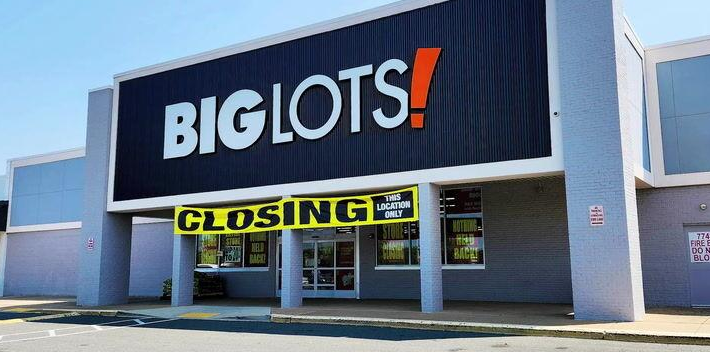Amid growing financial challenges, Big Lots has officially filed for Chapter 11 bankruptcy, leading to the closure of over 500 stores nationwide. The move comes after weeks of speculation about the company’s future and highlights the broader struggles faced by major retailers in the current economic climate. The Biden-Harris administration’s policies have been cited by critics as contributing to the tough economic environment that is squeezing companies like Big Lots.
Big Lots files for bankruptcy, joining a list of troubled discount retailers as customers cut back spending on non-essential items https://t.co/Mg7rbOWqFY
— CNN (@CNN) September 9, 2024
Big Lots, known for its discounted merchandise and large footprint, currently operates 1,389 stores across 48 states, excluding Alaska and Hawaii. However, the company’s latest restructuring efforts will see 295 locations shuttered immediately in a bid to “optimize our store footprint.” An additional 250 stores are expected to close by January 15, 2025, as the company seeks to streamline operations and cut costs.
In a recent press release, Big Lots stated, “While most of our locations are profitable, we aim to streamline our operations to serve our customers more effectively.” This move to file for bankruptcy is designed to provide the company with the tools necessary to manage its store closures in an orderly and efficient manner. The company’s restructuring plan comes after an earlier warning filed with the U.S. Securities and Exchange Commission, where Big Lots indicated that up to 40 stores could close within the year, foreshadowing the much larger wave of closures now underway.
Big Lots has been struggling under the weight of approximately $3.1 billion in debt owed to between 5,001 and 10,000 creditors. The financial strain is further evidenced by a reported $114.5 million drop in net sales from the first quarter of 2023 to the first quarter of 2024, with declines across all merchandise categories. These challenges have forced the company into a restructuring phase that includes putting itself up for auction, with Nexus Capital Management LP submitting a “Stalking Horse Bid” to set a minimum sale price. If no higher bids are received by the October 15 auction deadline, Nexus’s bid is expected to be accepted, setting the stage for Big Lots’ next chapter under new ownership.
Critics of the current administration have been quick to point out that these economic hardships are not occurring in isolation. The broader retail sector has been hit hard by inflation, supply chain disruptions, and decreased consumer spending, factors that many argue have been exacerbated by the policies of the Biden-Harris administration. “The retail environment has been extremely tough,” said one industry analyst. “Companies like Big Lots, which rely on consumers looking for value, are especially vulnerable when economic policies don’t support strong consumer confidence and spending.”
As Big Lots navigates through its bankruptcy proceedings, it remains to be seen how the company will emerge from this period of significant downsizing. The outcome of the upcoming auction will be crucial in determining whether the discount retailer can stabilize its operations and regain its footing in a competitive market.

